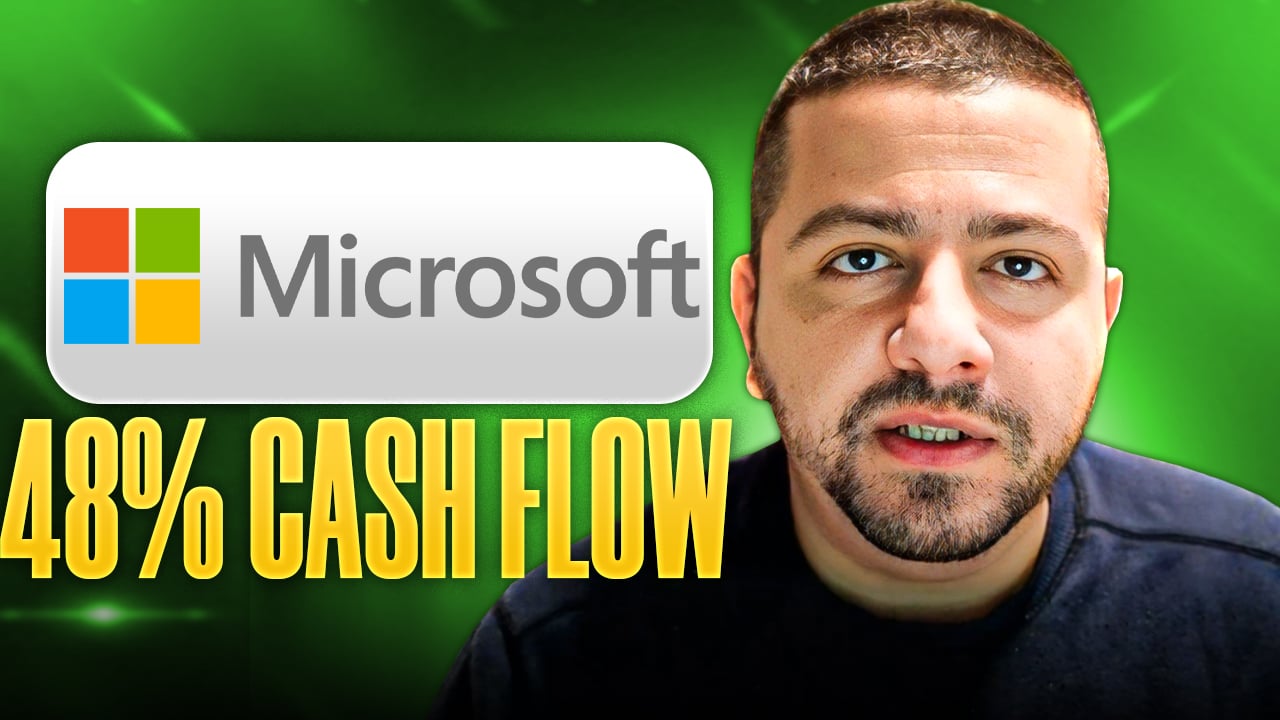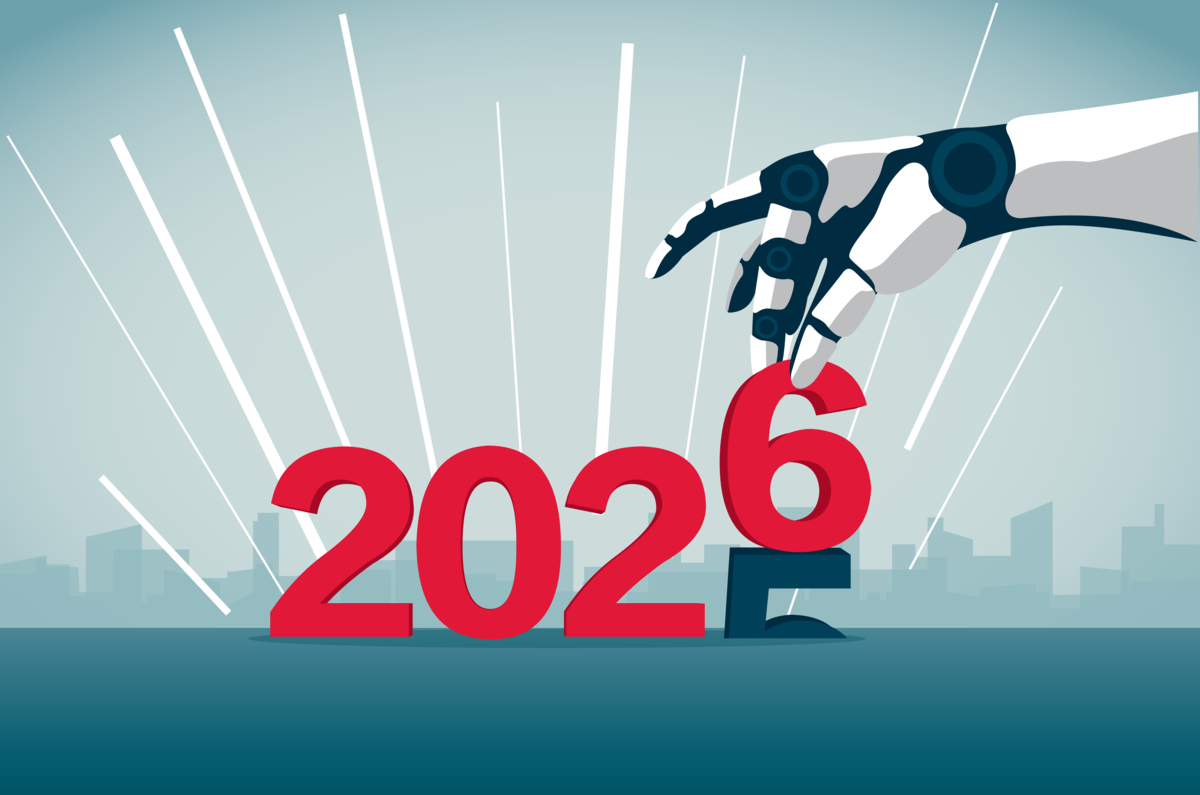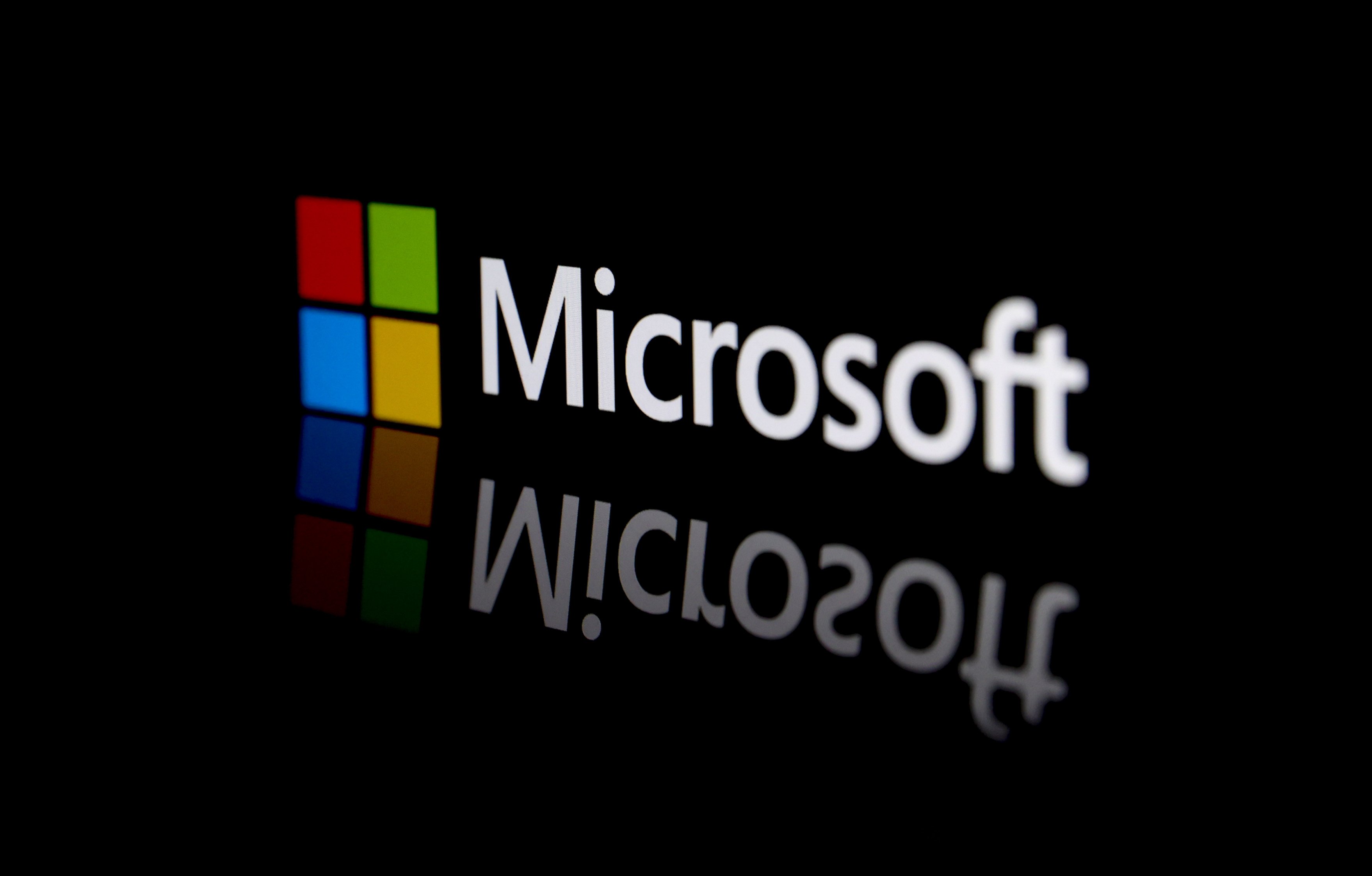Four months after being released into the wild, no one seems to care that Microsoft (MSFT +0.20%) Windows 8 has been desperately trying to reinvent the desktop PC experience. According to Net Applications, February was a downright awful month for Windows 8; it only gained 0.4% more of the desktop PC market. Since its debut, Windows 8 has only picked up an embarrassingly low 2.67% market share. For those keeping track at home, this pace is so awful that Microsoft Vista actually commanded more of the market after the same amount of time. Yikes. Considering that 65% of Windows-based PC sales are based on consumer spending, there's no possible way this development could be a good thing for Microsoft investors looking for share appreciation.
Feeling the effects
Judging by the last decade of share performance, Microsoft investors are most certainly feeling the effects of living within a post-PC world. The company failed to adapt to the first wave of the mobile computing revolution, which in turn has put increased pressure on the prospects of its Windows 8 franchise. In terms of current growth options, if PCs sales aren't going to pick up -- big time -- it largely boils down to how well received Windows Phone 8 becomes.
Although far behind the Apple and Google (GOOG +1.04%) duopoly, time has not run out for Microsoft. Currently, the world has only reached 25% mobile smartphone penetration, which to me says there's plenty of opportunity for Windows Phone 8 to pick up some market share. Naturally, the challenge for Microsoft is that it's starting with essentially zero mindshare in the mobile world. However, if viewed in the right light, challenge becomes opportunity.
Nokia to the rescue?
Working in Microsoft's favor is the fact that the majority of the next 2 billion Internet users coming online over the next three to five years will experience the Internet for the first time on a mobile device. Moreover, the majority of these users will come from emerging markets, which could potentially work to Microsoft's advantage because these markets are likely to have less mindshare. In other words, its nascent ecosystem may not prove to be much of an issue and instead, it may come down to a price versus value decision.
That said, partnering with a company like Nokia (NOK +0.49%) could become Microsoft's winning strategy in emerging markets. Like Microsoft, it failed to dominate the first wave of the mobile computing revolution and is hoping to make up for lost time. As a result, Nokia has taken an aggressive stance toward increasing its rate of smartphone uptake in markets where smartphone penetration still remains low. The $230 Nokia Lumia 620 could become both Microsoft's and Nokia's secret weapon in combating Google Android's stronghold in emerging markets, which has largely gone unchallenged in the sub-$250 emerging-market segment. Investors may be underestimating that the Lumia 620 is priced to sell, offers tremendous value, and could actually give Android a run for its money.
All roads lead to mobile
There's no question the world is becoming increasingly more mobile with each passing day. Even PC-heavyweight Intel has made creating a smartphone presence a top priority in the years to come. Ambitions are great and all, but let's not lose sight of the fact that PC-entrenched companies have had a notoriously difficult time cracking the mobile code. How many mobile devices need to be sold in place of one lost PC sale? Although we may not know the exact answer, it stands to reason that a PC company transitioning to mobile needs to be wildly successful in mobile in order for it to benefit the bottom line. It would really help companies in this position if PC sales stopped declining, improving chances to report mobile growth that didn't come at the expense of the PC. Judging by the current uptake of Windows 8, it doesn't look like this prayer will be answered this year.






